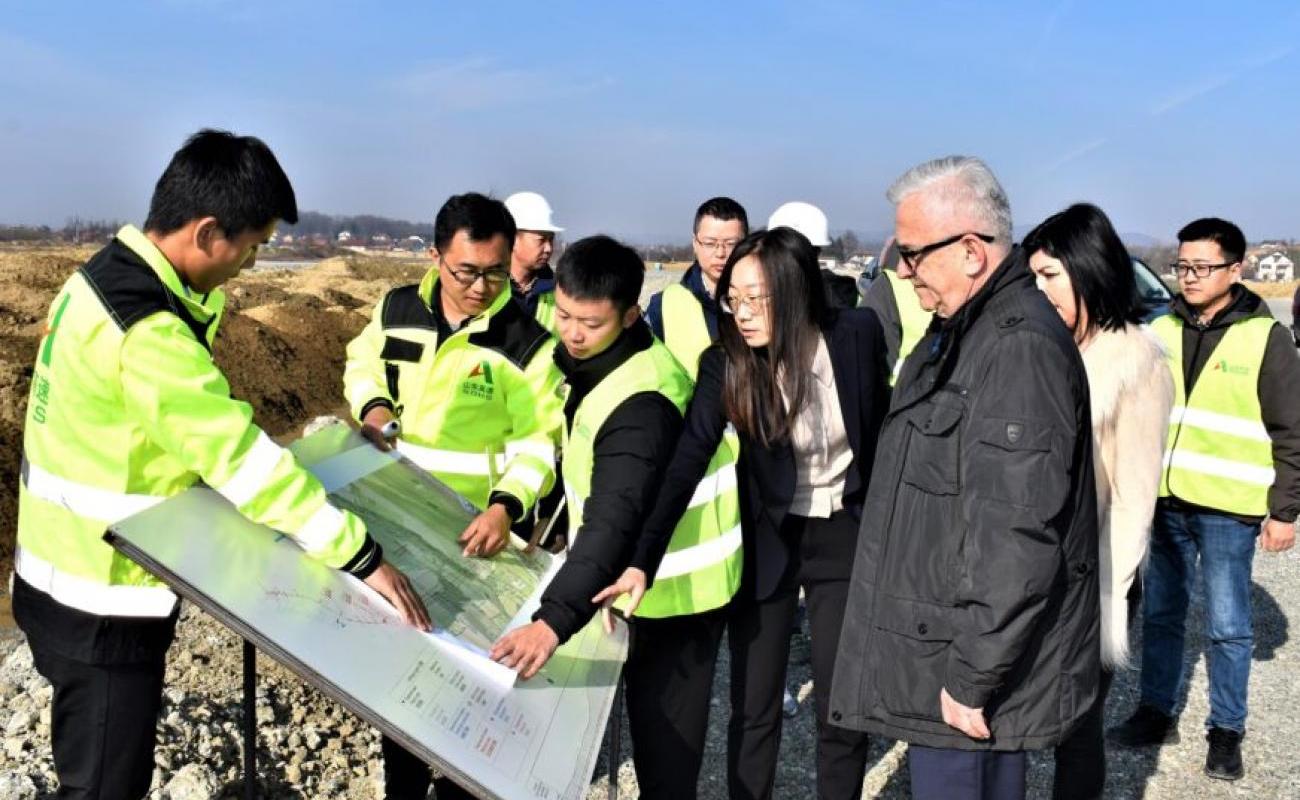They break the laws, DISRESPECT THE CITIZENS, protect the Chinese (and themselves): Ministry of Finance HIDES INFORMATION about the highway from Banja Luka to Prijedor

CONCLUSION
Non-transparent business practices, suspicions of corruption, and violations of the law have long been the main characteristics of the business practices of Chinese investors and creditors in the Western Balkan countries. Although there are four court rulings ordering the Ministry of Transport and Communications of the Bosnian entity of Republika Srpska to disclose the details of the contract with the Chinese concessionaire related to the construction of the Banja Luka - Prijedor highway, this has not been done to date. The fact that the loan taken from the Chinese creditors will be repaid from the RS budget, that is, with the money of the RS citizens, makes the demands for the disclosure of the details of the contract that non-governmental organizations and the media reasonably suspect to contain unfavorable clauses that harm the public interest justified.
Additional doubt about this entire arrangement that the RS Government concluded with Chinese creditors is cast by the fact that to date, work on the construction of the Banja Luka - Prijedor highway section has not begun, although the start of work has been announced on three occasions. The problem is also the non-implementation of court rulings by the executive branch, which gives the right to all those who doubt the cooperation between the judiciary and the executive branch. The lack of any sanctions for those who prevent the implementation of final court rulings indicates that suspicions are justified that this is yet another non-transparent project, which contains elements of corruption.
